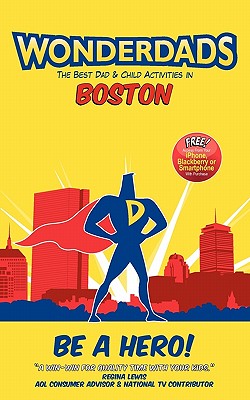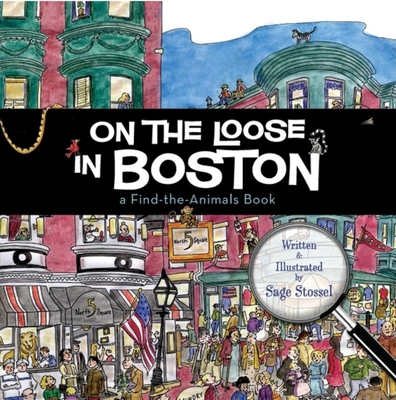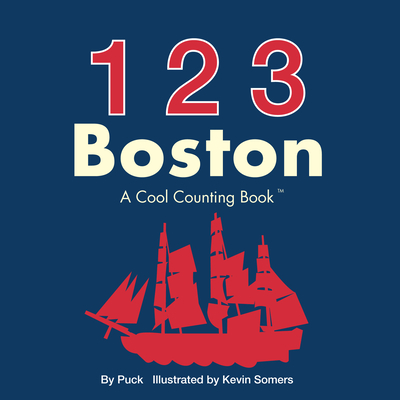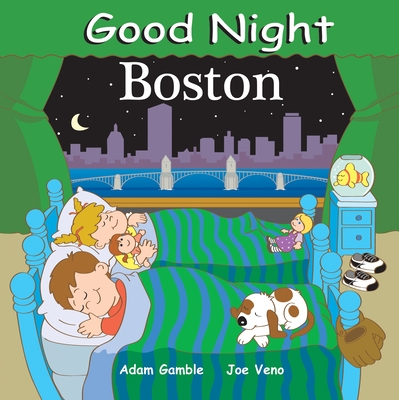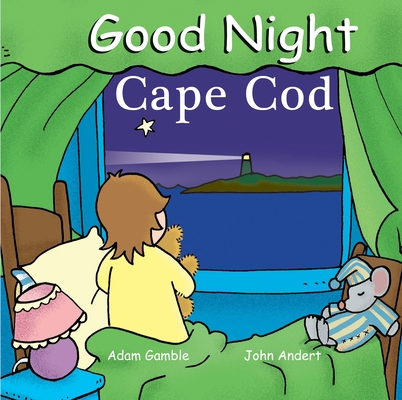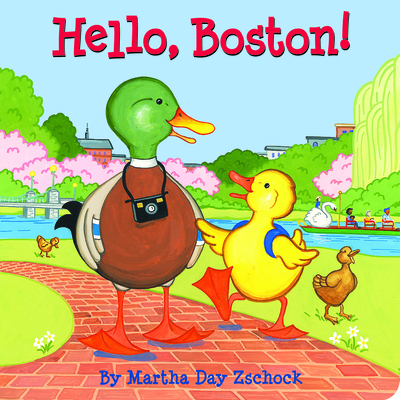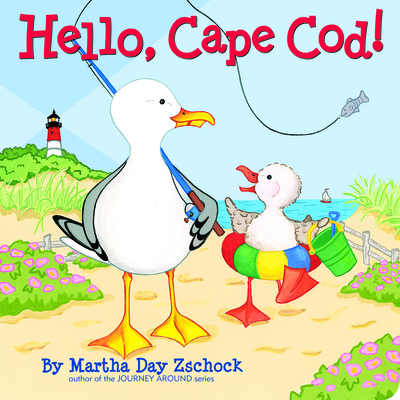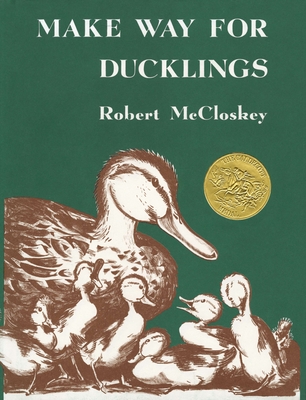Wednesday, September 19, 2012
Interivew with Daniel Lawless editor of Plume Anthology of Poetry
The Plume Anthology of Poetry 2012 grew out of an online literary magazine and includes almost seventy poets representing a broad range of the best work by the best U.S. and international poets working today, including; Rae Armantrout, Lydia Davis, Bob Hicok, Paul Muldoon, Ron Slate, David Young and more. (The "more" even includes a poem by our own Josh Cook.) The anthology is edited by Daniel Lawless. Lawless received his B.A. from Bellarmine University and his M.A. in English and Creative Writing from the University of Louisville. After stints in France and England, he is currently a Professor of English at St. Petersburg College. He will be appearing along with contributors Rafael Campo, Martha Collins, D. Nurkse, and Daniel Tobin at Porter Square Books on Monday Oct 29th at 7pm. Below is an interview with Lawless.
Why did you start an online poetry journal?
Something of a whim. I’d advised a former student who was contemplating the same thing to do so, and then, a bit later, took my own advice. I suppose there was an element of…on the most minor, vanishingly small scale imaginable…something like what real philanthropists must feel: I have this stuff, and I don’t really need it, so what do I do with it? In this case, the stuff is a lifetime of reading, which aside from long-winded, not-so-subtly competitive discussions with a few like-minded friends (I’d long ago used up its pheronomic properties) was and had been for many years, effectively out of service. The answer became clear after my student’s experience, which was quite successful, and, as a chronic, massive under-achiever, what did I have to lose? The financial costs were minimal, I soon learned, and my time, after teaching, was my own and thus my billable hours were extremely reasonable, let’s say.
From the first issue on, Plume has published some of the biggest names in contemporary poetry, Rae Armantrout, Andrei Codrescu, Lydia Davis, Paul Muldoon, and more. How were you able to attract so many great contributors, so quickly?
Here I invoke the anti-jinx clause. Which is to say, I don’t want to think about it too much, as if I do, it – this inexplicable luck -- may disappear. I wrote to them, and they sent me poems. Although I will say, I think a perusal of the Mission Statement, which is somewhat mirrored in my request letters, offers a clue. The names of the poets I admire most feature prominently in both, and my guess is that the poets recognized those names as a sort of “secret handshake”: Trakl, Cioran, Montale, Aragon, Parra, Cassian, Follain, and the rest signaled that this was my experience, and that the poet from whom I was requesting work admired them too, and an implicit pact was formed. After all, these poets are not so much taught today as they once were, unfortunately, and it was up to them (and in a tiny way me) to continue this tradition, as it were. A kind of challenge, perhaps, and one I am very pleased our contributors have met. (Or, I could be altogether out of bounds, and this wasn’t the reason at all. In that case, I have no idea whatsoever why they chose to send us their work.)
What do you look for in a poem, both as a reader and as an editor?
The easiest thing to say is a certain mastery of craft, of meticulousness, and then a sense of surprise, of the uncanny, as I have said before, I think. I’m not a fan of wasted words – the poems that dilly-dally - ! – around until they reach a killer last line: every word counts. I understand the need for build-up, I do, but within that “leading to” there should be the same beauty, the same dedication to diction and syntax, the sense of urgency, so that the final image, as is too often the case, is not so obviously the best thing about the piece, its reason for being.
Why did you decide to publish a physical poetry anthology?
As Ron Slate noted in his elegant Forward, it has to do with the permanence of print, its old-school appeal to the senses, as has been remarked upon elsewhere, many times, I am sure.. The memories I drag around of certain books, their covers and the aromas of their pages, the texture of the paper – clearly these are not available in digital form. A generational thing, perhaps.
What was the process, both in terms of the logistics and your mindset, of going from monthly online journal to print anthology?
I am a tyro. That is immediately of note, isn’t it? I had to learn almost everything. Fortunately, in Jason Cook and Chris Katz, publisher and designer respectively, I had two wonderful tutors. With this first anthology, since we’re so new, it was necessary to draw extensively from the online work, adding here and there as we could new work and, of course, the “Feature Poet” section – M. Vasalis, the great Dutch poet, introduced and translated by another great poet, David Young. The second anthology will be different. We are making a conscious effort to separate the two formats: work that appears online will not appear nearly as much in print. As we get submissions, I make this a point of emphasis (sounding a little NFL referee-ish….), asking for at least two pieces, one for an online issue and one for the print anthology.
Why is poetry important? What is its value to our society/culture/world?
I refer you to Mr. Parini’s Why PoetryMatters. (One of his poems, by the way, will appear soon in Plume.) Its value, for me, as I have said in the past, lies in, above all, its beauty: it is an object, like any other art object, and there are many other opinions as to what art can and should do, of course, but for me, edification is not its chief purpose, nor is escape or revelation, really. Having said this, all of these are in play in the poem, and contribute to its beauty, surely. But, if I finish a poem with a silent admiring “Damn!” or gratitude, or, let’s be honest, envy – the poem has done its job. Except, of course, poetry has no job.
Is there a poem or a poet who opened your eyes to poetry? What were some of your early experiences with poetry?
So many. I fell into the hands of the Surrealists early on, at fifteen or so, and the purity of the images just laid me out: Péret, especially, and Desnos, and Reverdy – I toted around Michael Benedikt’s indispensable The Poetry of Surrealism for years, and a bit later his The Prose Poem: An International Anthology. Then Cioran: a different kind of poetry, and Barthes, yet another. The quiet of Follain was a tantalizing mystery : he is the master of the unsayable. I still haven’t figured out how he does it. Some of the early Bly, too – Silence in theSnowy Fields. Stevens, Ponge, Michaux, Edson, Simic…each had an influence. My Master’s thesis was a book of poems called The Old Ones and Other Poems; take a look at Follain’s Canisy or Transparence of the World, or Ponge’s Le parti pris des choses and, well, I don’t think the debt is likely to be overlooked.
What’s next for American poetry or poetry in general? Where do we go from here?
However one answers these questions, one must imagine oneself fifty years in the future. What is certain is that a measure of…quaintness is inevitable, that seems impossible now. Still, what is one to do? Stop writing, because in 2060 most of our work will seem too much of its time? That is not an option, is it? One works without a thought for posterity, it’s the only way: work written for posterity is often precisely that which is most ephemeral. But, to answer your questions: I don’t know. Nor do I care, really.
What are you reading?
Aside from contemporary poetry, I am trying to fill in the gaps of Marcel Bénabou’s work -- Why I Have Not WrittenAny of My Books and To Write on Tamara? are extraordinary – and that of Alberto Manguel, whose The Library at Night was equally wonderful. I have just taken up Edouard Levé’s Autoportrait, after falling hard for his Suicide. Another one I have recently finished is Ennemis Publics, a book of correspondences between Michel Houllebecq and Bernard-Henri Lévy. And I go back again and again to Artaud – le théâtre et son double – and Genet, and, of course, Cioran – although I have almost all of it scattered about, I got his Œuvres a couple of years ago in Paris: a real doorstop. Bolaño I like a lot, and I admired and had fun with Padgett Powell’s The Interrogative Mood. Coetzee, Merton, Kenzaburō Ōe, Bataille, Julian Barnes’ The Sense of an Ending. Oh, and Nooteboom’s Self Porttrait of an Other, is quite something, though I suppose it counts as prose poetry. And Emmanuel Hocquard.
Monday, September 17, 2012
PSB in Wonderdads
We are in a book!
All Mo Willems jokes aside, Wonderdads recently called us one of the best dad and child activities in Boston: "This bookstore has a fantastic children's section with an area for kids to play or read. For young kids, there is a story hour every Wednesday at 11 a.m. For older kids (ages 9-12), they even have a book club!"
Our Fresh Ink Program also includes teens and young adults. See what they're reading on the Fresh Ink Blog.
Kim Prosise
Friday, September 14, 2012
Coming to the Big Screen This Fall!
You read the book- or maybe you didn't, but you will- and now it's going to hit the big screen. What's that? Only about a dozen or so major literary adaptations are set to open in theaters starting this week with The Perks of Being a Wallflower, Stephen Chbosky's young adult novel now a movie starring Logan Lerman and Emma Watson.
Check out what else is coming up, and get the book before they open:
Sept 16 - The Perks of Being a Wallflower, based on the novel by Stephen Chbosky
Oct. 5 - The Paperboy, based on the book by Pete Dexter
Oct. 5 - Wuthering Heights, book by Emily Bronte
Oct. 12 - Atlas Shrugged, book by Ayn Rand
Oct. 19 - Alex Cross, based on several novels by James Patterson
Oct. 26 - Cloud Atlas, book by David Mitchell
Nov. 9 - Lincoln, based on Team of Rivals by Doris Kearns Goodwin
Nov. 16 - Anna Karenina, book by Leo Tolstoy
Nov. 19 - Twilight Saga: Breaking Dawn (Part III), book by Stephanie Meyer
Nov. 21 - Silver Linings Playbook, book by Matthew Quick
Nov. 21 - Life of Pi, Booker-Prize-winning book by Yann Martel
Dec. 14 - The Hobbit, book by J.R.R. Tolkien
Dec. 14 - Les Miserables, book by Victor Hugo
Dec. 21 - On the Road, book by Jack Kerouac
Don't forget to check out our display for The Hobbit just as you enter the store, and let us know if you need help finding these books or anything else!
Check out what else is coming up, and get the book before they open:
Sept 16 - The Perks of Being a Wallflower, based on the novel by Stephen Chbosky
Oct. 5 - The Paperboy, based on the book by Pete Dexter
Oct. 5 - Wuthering Heights, book by Emily Bronte
Oct. 12 - Atlas Shrugged, book by Ayn Rand
Oct. 19 - Alex Cross, based on several novels by James Patterson
Oct. 26 - Cloud Atlas, book by David Mitchell
Nov. 9 - Lincoln, based on Team of Rivals by Doris Kearns Goodwin
Nov. 16 - Anna Karenina, book by Leo Tolstoy
Nov. 19 - Twilight Saga: Breaking Dawn (Part III), book by Stephanie Meyer
Nov. 21 - Silver Linings Playbook, book by Matthew Quick
Nov. 21 - Life of Pi, Booker-Prize-winning book by Yann Martel
Dec. 14 - The Hobbit, book by J.R.R. Tolkien
Dec. 14 - Les Miserables, book by Victor Hugo
Dec. 21 - On the Road, book by Jack Kerouac
Don't forget to check out our display for The Hobbit just as you enter the store, and let us know if you need help finding these books or anything else!
Wednesday, September 12, 2012
Sit. Stay. Read! 2013
The Sit. Stay. Read. Calendar is here!
We'd like to extend a huge thank you to everyone who came out to the shoot and helped us fill 2013 with cute, cuddly, canines!
The calendar is $15 at the front desk, and proceeds go to Last Hope K-9 Rescue, an organization that saves unwanted dogs from high-kill shelters so they can be fostered or adopted in Massachusetts. Last Hope rescued over a hundred dogs in 2012! To find out more, volunteer, or adopt a dog of your own, visit www.lasthopek9.com or www.facebook.com/LastHopeK9Rescue.
Get your copy of the calendar here.
Kim Prosise
Tuesday, September 4, 2012
Boston Books for Kids
Our customers are always looking for children's books about Boston. Here's a short list of our bestsellers:
Don't see your favorite? Post it to the comments or Tweet at us, @PorterSqBooks!
Kim Prosise
On the Loose in Boston, by Sage Stossel
123 Boston: A Cool Counting Book, written by Puck, illustrated by Kevin Somers
Good Night Boston and Good Night Cape Cod, by Adam Gamble and John Andert
Hello, Boston! and Hello, Cape Cod! by Martha Day Zschock
Make Way for Ducklings! by Robert McCloskey
Don't see your favorite? Post it to the comments or Tweet at us, @PorterSqBooks!
Subscribe to:
Comments (Atom)



